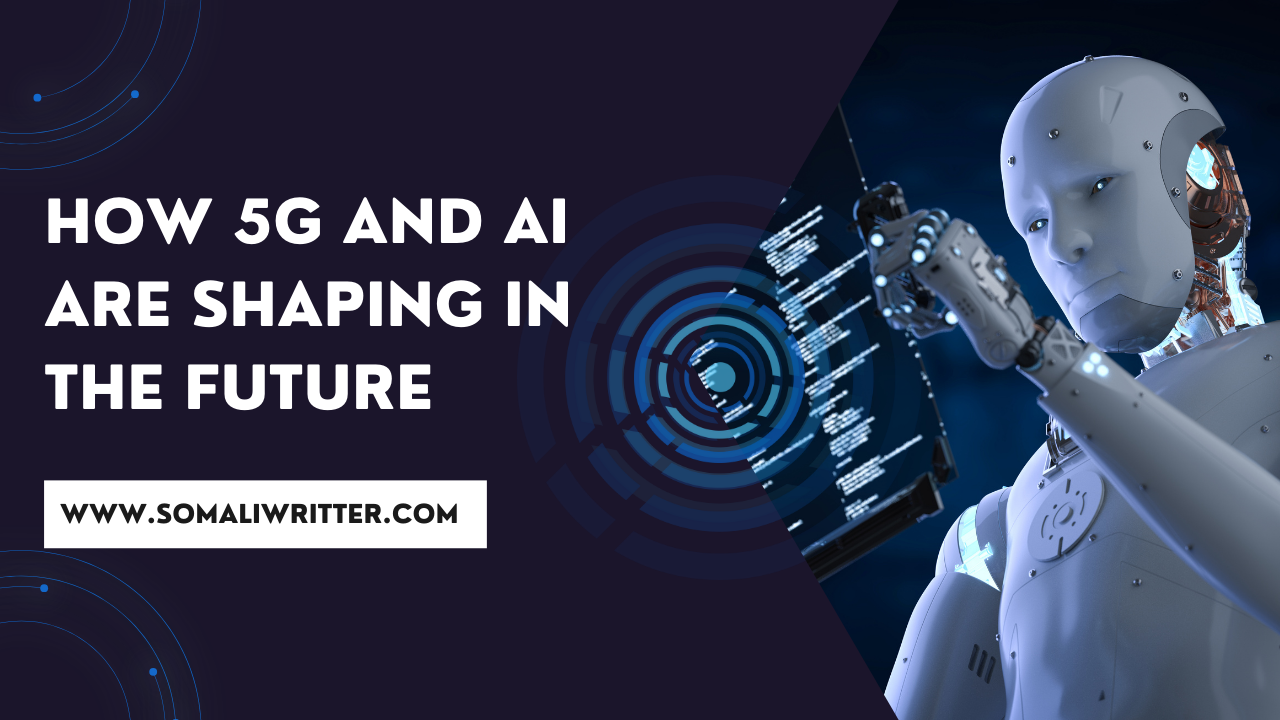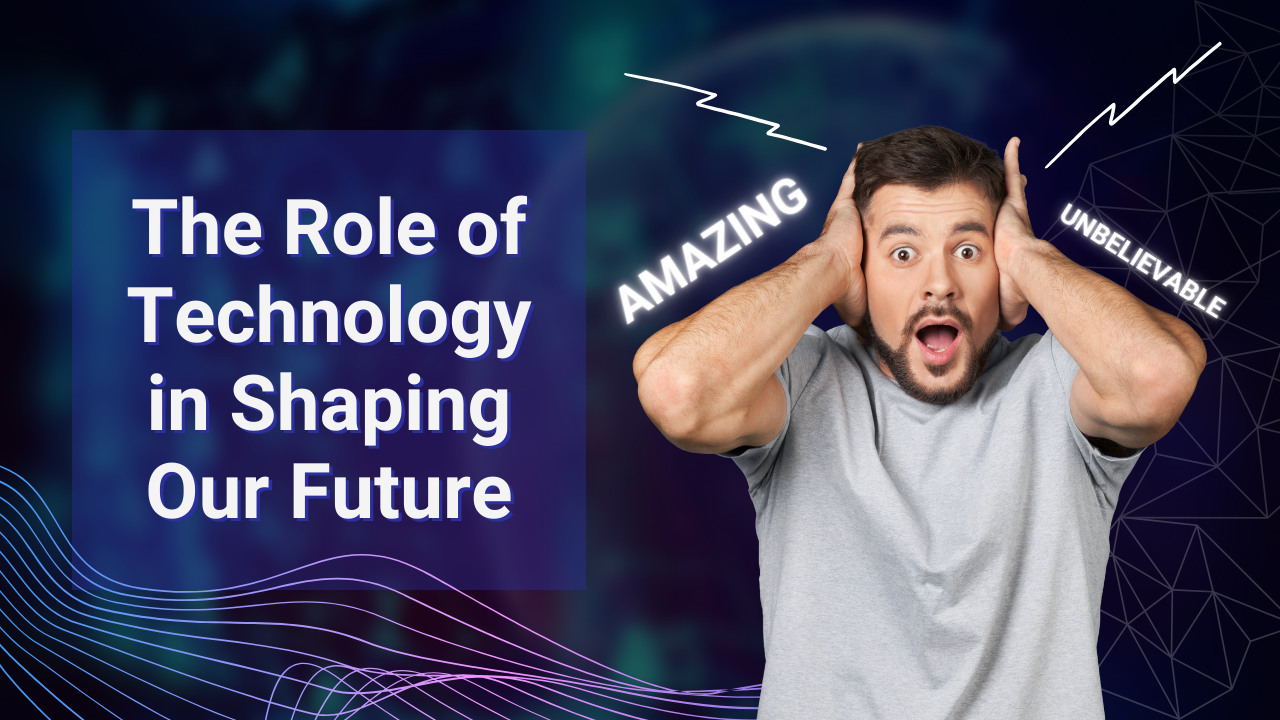Home » Blog » How AI Is Personalizing Education for Every Student
How AI Is Personalizing Education for Every Student
Introduction
AI in Personalized Education In recent years, Artificial Intelligence (AI) has become a driving force in transforming various industries, and education is no exception. Indeed, AI’s potential to revolutionize learning is becoming more evident as it offers personalized, adaptive learning experiences tailored to each student’s unique needs. This article explores how AI is shaping personalized education and why it’s critical for the future of learning.
1. Understanding Personalized Learning
To begin with, personalized learning refers to the concept of tailoring education to meet the individual needs, interests, and learning pace of each student. Traditionally, education has been one-size-fits-all, with teachers delivering the same content to every student, regardless of their unique learning styles. However, AI changes this by analyzing data from students and adjusting the content and teaching style to suit each individual.
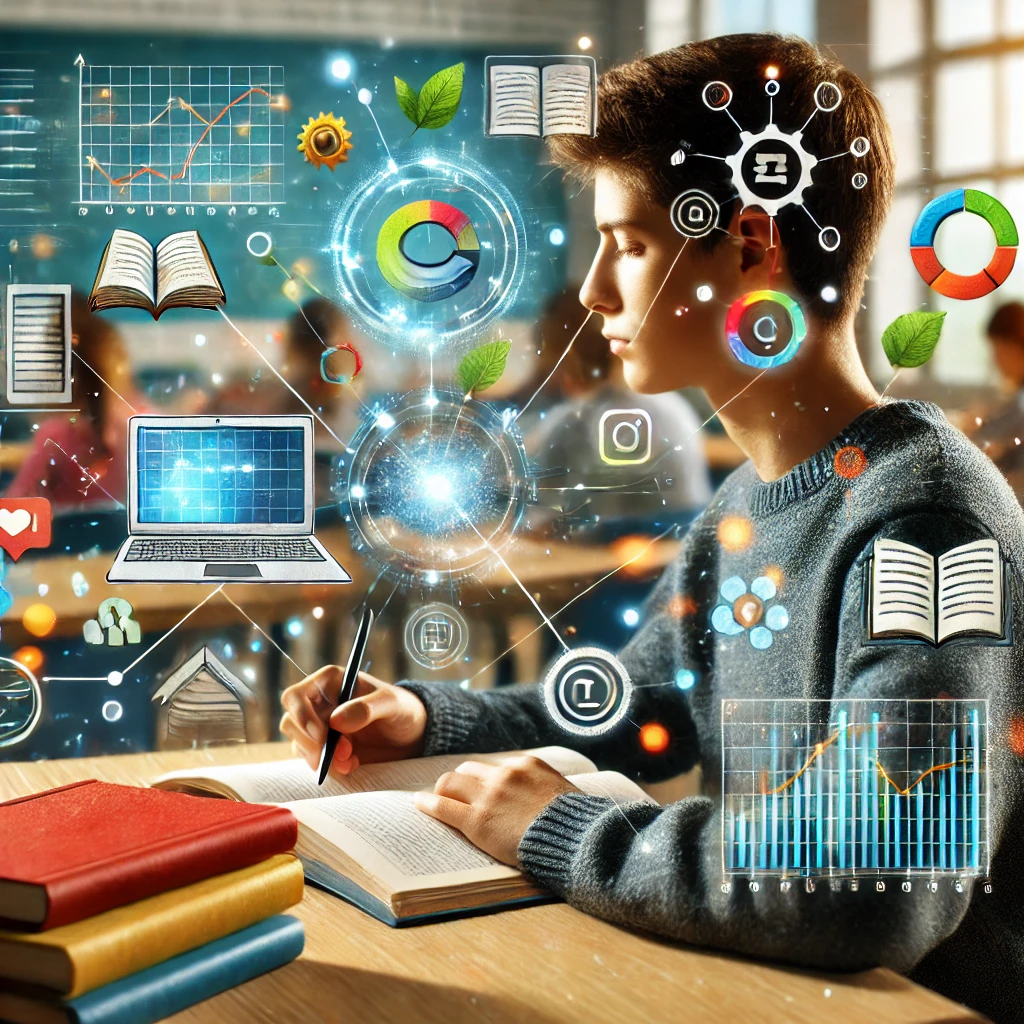
2. AI’s Role in Personalized Education
Moreover, AI technology enables the creation of customized learning paths that adapt based on a student’s strengths and weaknesses. In fact, some key ways AI is personalizing education include:
- Adaptive Learning Platforms: AI-driven platforms can adjust the difficulty of lessons based on the learner’s performance. For example, if a student struggles with a math problem, the system can provide additional resources or simpler problems until they grasp the concept.
- Automated Tutoring Systems: Additionally, AI-powered virtual tutors are available 24/7 to assist students with queries. These systems can offer immediate feedback and explanations, making learning more efficient and responsive.
- Smart Content: AI can also create “smart content,” which includes customized digital textbooks and interactive learning materials that adjust in real-time to suit the student’s progress.
- Predictive Analytics: Furthermore, AI can analyze patterns in student behavior and predict potential challenges they may face in the future. Consequently, teachers can intervene early, offering support before the student falls behind.
3. Benefits of AI in Personalized Learning
AI personalizes education and brings many benefits to students and teachers:
- Learning Efficiency: AI adapts lessons to fit each student’s speed. This allows students to focus on areas they need to improve, resulting in better learning.
- Inclusivity: AI helps diverse learners, including those with disabilities. It allows every student to learn at their own pace.
- Engagement: Students are more engaged when content is relevant. AI keeps learning fresh by adapting in real-time.
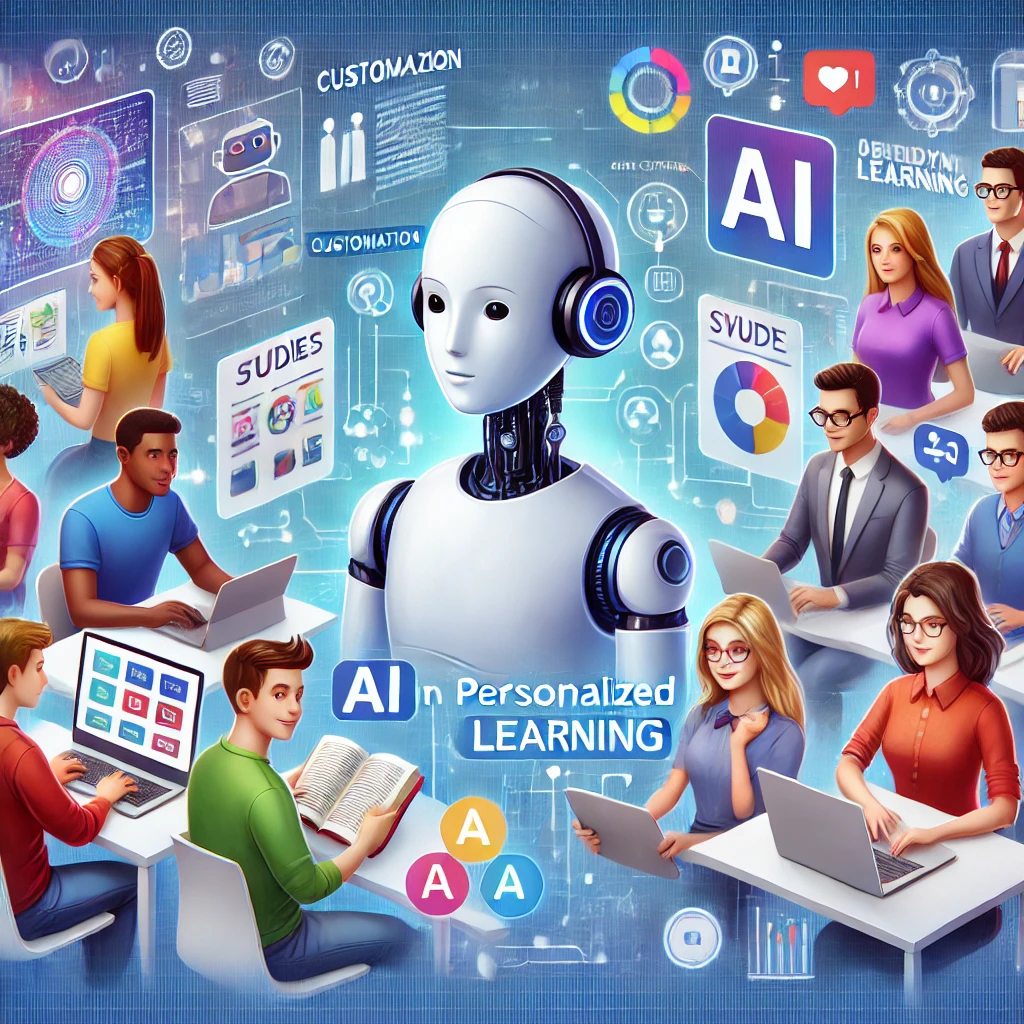
4. Challenges of AI in Education
While AI offers many benefits, there are challenges to its widespread adoption:
- Data Privacy: AI systems rely on collecting and analyzing vast amounts of student data. Ensuring the privacy and security of this data is a concern that needs to be addressed through strict regulations.
- Teacher Dependency on AI: While AI can assist in personalizing education, it should not replace teachers. Educators bring empathy, creativity, and critical thinking that AI cannot replicate. The ideal approach is a balance between AI and human interaction.
- Access and Equity: Not all schools or students have access to advanced AI-powered systems, which can widen the educational gap between those with access to technology and those without.
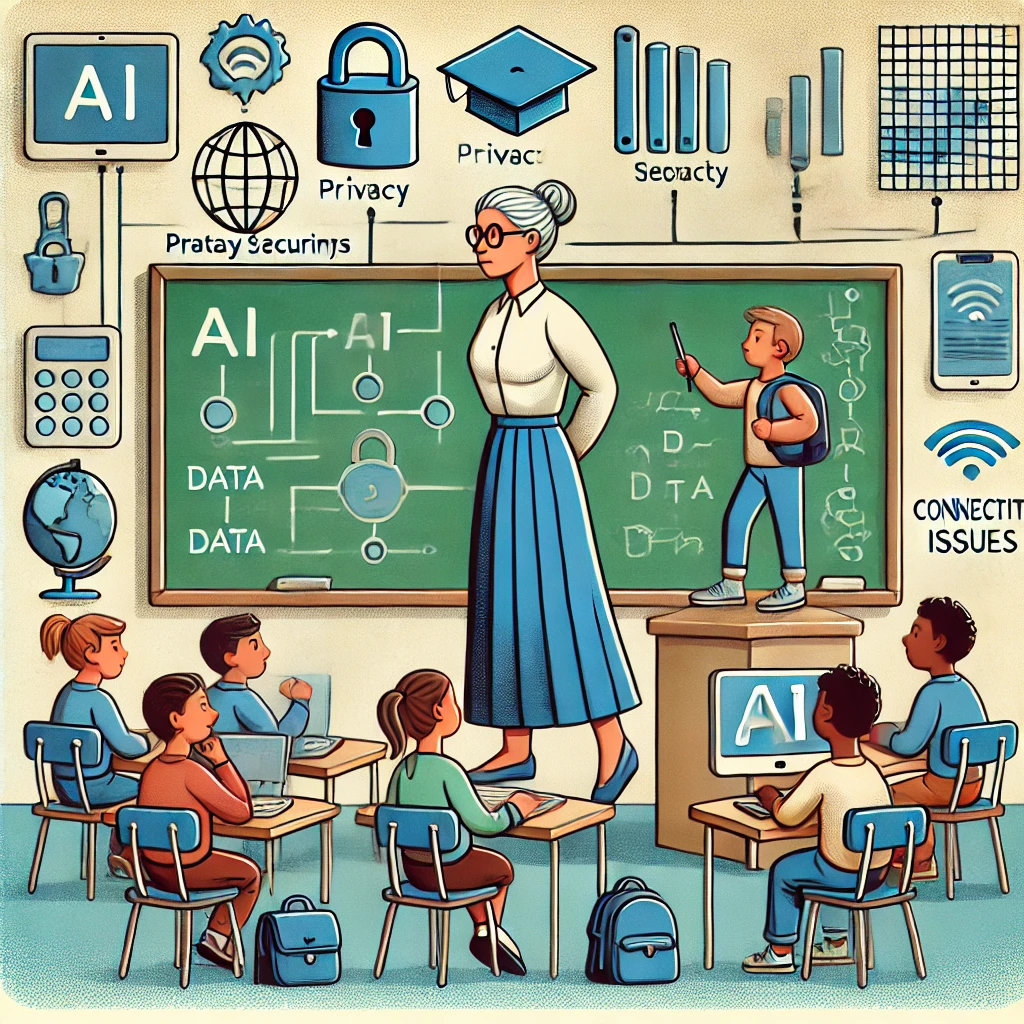
5. The Future of AI in Education
AI is rapidly advancing, and its role in education is only expected to grow. The integration of AI into classrooms has the potential to transform the way we think about teaching and learning, making education more flexible, accessible, and tailored to individual needs. In the future, we may see AI-powered classrooms where each student has a truly personalized learning experience, leading to better outcomes and more engaged learners.
Ways AI Can Be Utilized to Personalize Education
In the fast-evolving world of education, Artificial Intelligence (AI) is emerging as a powerful tool that can transform the way students learn by tailoring educational experiences to individual needs. Through data analysis, intelligent systems, and personalized recommendations, AI has the potential to offer a more customized approach to education. Below are five impactful ways AI is being used to personalize education for every student:
1. Adaptive Learning
AI-powered adaptive learning platforms analyze student data, including their performance, strengths, weaknesses, and learning pace. Based on this information, the system provides personalized learning pathways for each student, offering appropriate content, resources, and activities that align with their specific needs. By continuously adjusting the difficulty and focus of lessons, adaptive learning ensures that students stay engaged while progressing at their own pace.
2. Intelligent Tutoring Systems
AI-driven tutoring systems provide individualized guidance and support to students. These systems assess a student’s understanding, identify areas of difficulty, and offer targeted explanations, feedback, and practice exercises. As students advance, the system adapts the learning material to match their progress, ensuring that every student receives the right level of challenge and support.
3. Personalized Recommendations
AI algorithms can analyze vast amounts of data, including a student’s past performance, interests, and goals, to generate personalized recommendations for educational resources, books, articles, videos, and other learning materials. This helps students discover content that is highly relevant to their needs, allowing them to dive deeper into topics that interest them most and enhance their learning experience.
4. Natural Language Processing (NLP)
AI-powered natural language processing (NLP) enables the development of intelligent chatbots and virtual assistants that interact with students in a conversational manner. These AI assistants can answer questions, provide explanations, offer feedback, and engage in dialogue to enhance the learning experience. By offering immediate responses, NLP-driven tools can address students’ concerns in real-time, making learning more interactive and accessible.
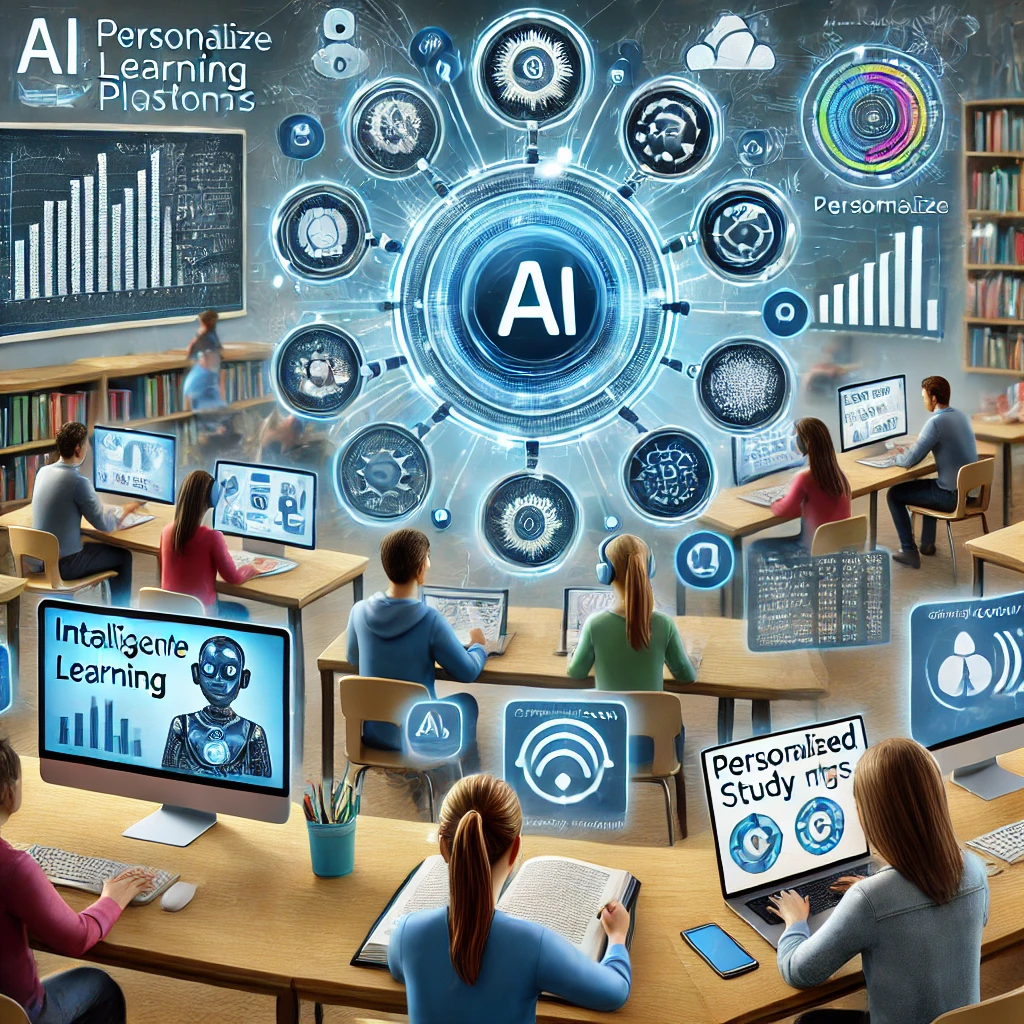
5. Data-Driven Insights
AI enables educators to gather and analyze large amounts of student data, such as assessment results, engagement levels, and behavior patterns. By extracting meaningful insights from this data, teachers can gain a deeper understanding of individual students and make informed decisions to personalize their learning experiences effectively. This helps educators identify students who need additional support and create targeted interventions to help them succeed.
6. Multimodal Learning
AI technologies facilitate multimodal learning experiences by incorporating various formats, such as text, audio, video, and interactive elements. This allows students to engage with content in ways that suit their learning preferences, making the educational experience more personalized and engaging. By offering diverse learning formats, AI caters to different types of learners, helping them better absorb and retain information.
7. Personalized Assessment and Feedback
AI can automate the assessment process and provide timely, personalized feedback to students. Intelligent grading systems can evaluate assignments, quizzes, and exams, enabling faster feedback delivery. This helps students identify areas for improvement and provides targeted suggestions for further learning, helping them stay on track toward achieving their academic goals.
8. Individualized Learning Paths
AI-powered platforms can generate individualized learning paths for students based on their goals, interests, and prior knowledge. By adapting the curriculum and pace to meet the needs of each student, AI ensures that they receive appropriate challenges and support, maximizing their learning outcomes. This level of personalization helps students progress at their own pace, reducing frustration and encouraging continuous improvement.
Conclusion
AI is revolutionizing education by providing personalized learning experiences tailored to individual students’ needs. From adaptive learning and intelligent tutoring to data-driven insights, AI enhances both teaching and learning. While AI plays a crucial role, the human touch of educators remains essential in guiding and inspiring students. Together, AI and teachers can create a more effective, personalized, and inclusive education system for all.

